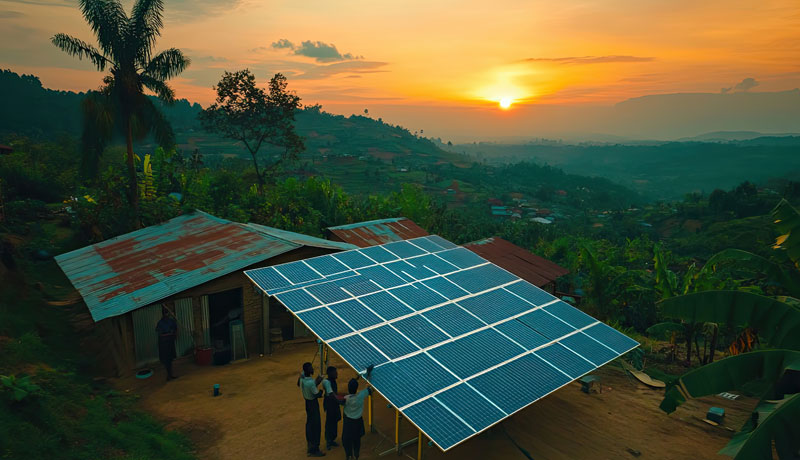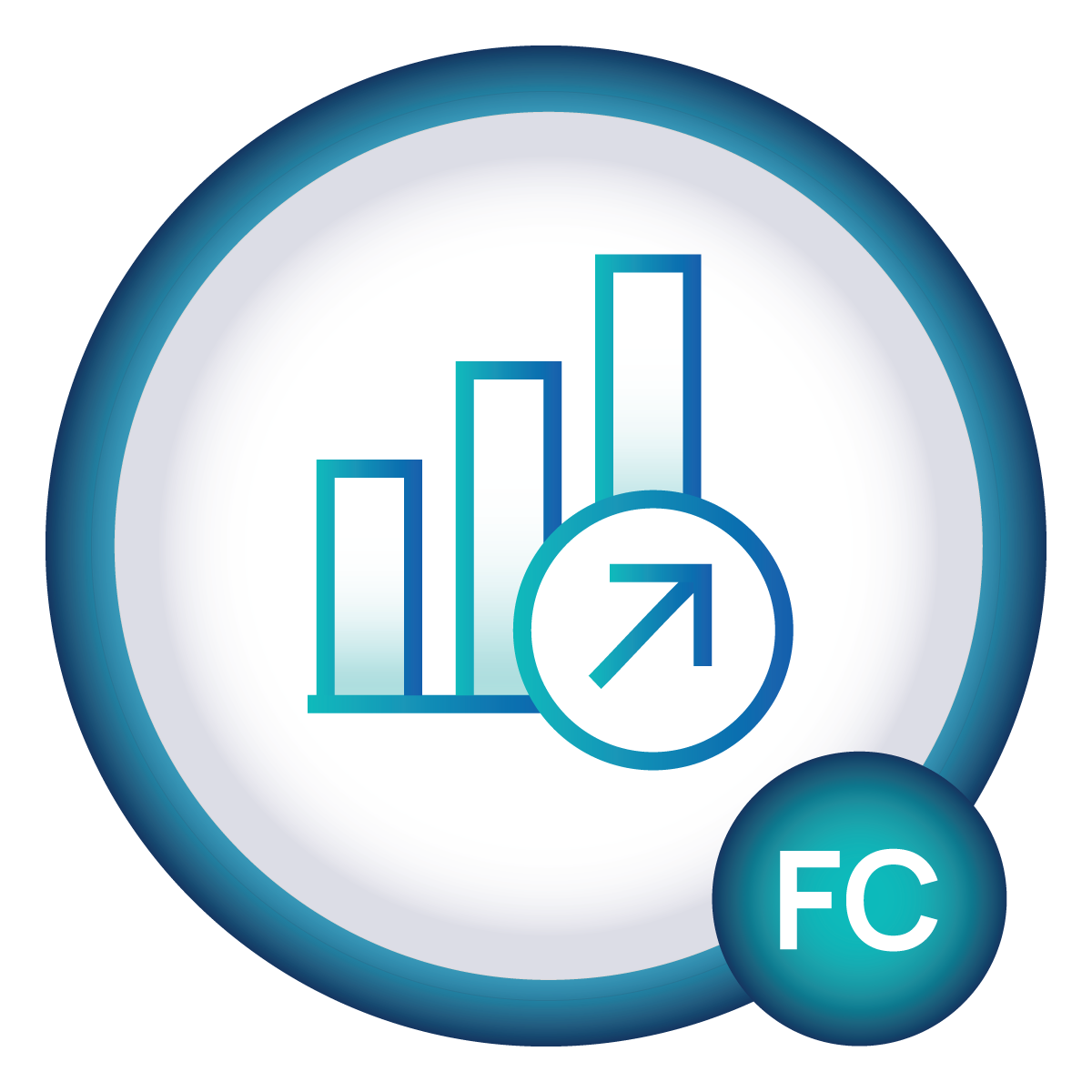
Our Business
Strategic trade-offs impacting our capitals

Trade-offs in our use of Financial and Social and Relationship Capital


The implementation of the Hi-Innovator Programme reflects deliberate trade-offs between short-term financial risk and the long-term goal of inclusive economic growth and job creation.
Five years ago, the Fund made a strategic decision to move beyond being a passive beneficiary of market-driven growth and instead become an active catalyst for entrepreneurship and employment creation. Hi-Innovator was born out of this vision, designed to provide Ugandan entrepreneurs with seed funding, business development support, and holistic growth solutions.
Backed by a USD 10 million partnership with the Mastercard Foundation, the programme deliberately targets small and growing businesses often excluded from traditional finance. By providing catalytic capital, capacity building, and access to markets, the Fund assumed upfront financial and programme delivery risks in exchange for long-term socioeconomic benefits.
Key actions:
- Expanded focus into agribusiness, light manufacturing, health, and the digital economy
- Provided USD 20,000 in catalytic seed funding per qualifying enterprise
- Delivered mentorship, business training, and market access through 15 Enterprise Support Organisations
- Deployed digital platforms for monitoring, evaluation, and scalable growth
Results to date:
- 202,323 direct and indirect jobs created, more than 50% for youth and women
- UGX 1.72 billion in new NSSF contributions generated from formalised Hi-Innovator enterprises
Long-term positive impact
- A strong entrepreneurial ecosystem through capacity building, sector diversification, and improved market access
- Enhanced national competitiveness by enabling locally owned, high-impact businesses in agribusiness, manufacturing, health, and digital sectors
- Position the Fund as a regional leader in leveraging social capital for sustainable, impact-driven investment
Short-term negative impact
- High investment risk with uncertain returns from early-stage ventures
- Resource strain in coordinating and managing a wide network of partnerships and sector initiatives
- Scalability limitations without long-term strategic partners and sustained follow-on financing
- Short-term pressure on Fund performance, as the full benefits of enterprise growth and job creation materialise over a longer horizon
Contributed to the following SDGs
- No Poverty: By enabling sustainable livelihoods and income security for entrepreneurs and employees in underserved communities
- Gender Equality: By ensuring more than half of programme beneficiaries are women, and supporting female-led enterprises with training, funding, and market access
- Decent Work and Economic Growth: By creating over 202,000 jobs, formalising enterprises, and expanding access to dignified, productive work for youth and women
- Industry, Innovation and Infrastructure: Through catalytic funding, digital enablement, and capacity building for high-impact sectors
SDGs




Material matters

Trade-offs in our use of Financial, Social and Relationship Capital


The trade-offs of affordable housing highlight the challenge of balancing member returns with social impact.
Real estate is a key pillar of the Fund’s investment portfolio, yet Uganda’s housing deficit of about two million homes, compounded by high infrastructure costs, makes affordability difficult. This creates a trade-off between delivering societal value and achieving our mandate of 200 basis points above the 10-year average inflation.
Key actions:
The Fund’s strategic pivot on Lubowa’s Solana Lifestyle and Residences delivered a strong sales turnaround. By year-end, 127 units had been sold, with total collections reaching UGX 30 billion, up from 34 units and UGX 8.4 billion previously. The repricing strategy enhanced affordability, driving faster sales, higher conversions, and stronger customer engagement, reflected in 96 cash-backed offer letters.
Complementing this success is the ongoing development of 550 affordable housing units in Temangalo, which are now 57% complete. This project reflects the Fund’s commitment to delivering inclusive housing solutions, while ensuring capital efficiency and sustainable returns for members.
Long-term positive impact
- Expanding access to quality housing in line with national development priorities
- Diversifying the portfolio across residential, commercial, and industrial assets
- Strengthening the Fund’s reputation as a socially responsible investor
Short-term negative impact
- High upfront capital with slower payback
- Exposure to market volatility and inflation
- Reliance on effective pricing and marketing to sustain sales
- Short-term return pressure during discounting or long sales cycles
Contributed to the following SDGs
- No Poverty: Enabling home ownership and improving living standards for middle- and lower-income households
- Decent Work and Economic Growth: Creating jobs in construction, property management, and related sectors
- Industry, Innovation and Infrastructure: Investing in modern, sustainable real estate developments
- Sustainable Cities and Communities: Increasing access to quality, affordable housing
SDGs




Risks

